tonghuaxian-xinglinzhen specialty
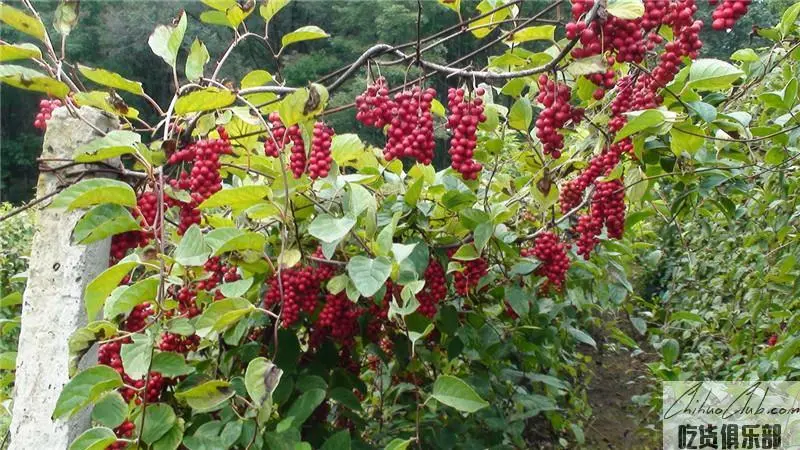
Schisandra was first seen in the name of "菋, stem 蕏", and it was first seen in "Erya". It was named because of the hardness of the skin and the acidity of the nucleus. Medicinal is contained in the "Shen Nong's Herbal Classic" and is listed as the top grade. There are about 14 kinds of medicinal herbs of Schisandra, but the efficacy varies greatly. Tao Hongjing said in the "Materia Medica Collection": "The first out of Korea (now Changbai Mountain area and eastern Liaoning Province), meaty and sweet, second out of Qingzhou Zhangzhou, tastes sour, its nuclear is like pig kidney. Li Shizhen in In the Compendium of Materia Medica, the Schisandra is divided into the north and the south, which means: "Five flavors have the distinction between the north and the south, the southern producers are red, the northern producers are black, and the tonics must be used in the north." The above records indicate the main producing area Changbaishan Schisandra It is the top product of Schisandra, which is the same as the current medicinal Schisandra. Since the founding of the People's Republic of China, all versions of the Pharmacopoeia of the People's Republic of China have been included.
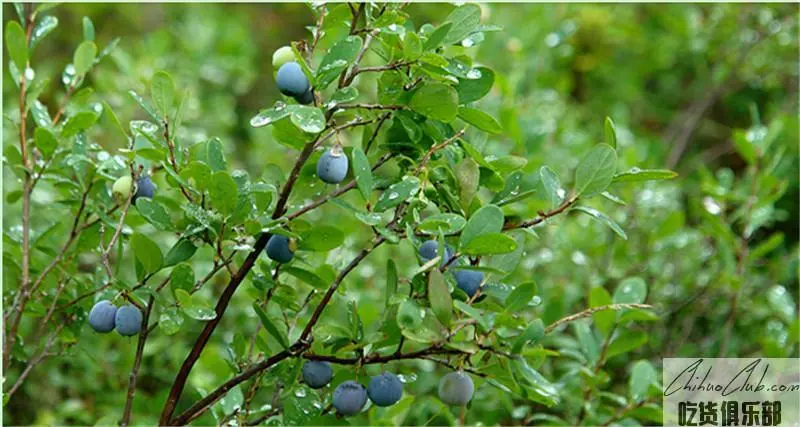
Blueberry grows in the plateau between 700-2100 meters above sea level in Changbai Mountain. It is rich in amino acids, vitamins and trace elements such as zinc, calcium, iron and copper. Therefore, it is known as the "king of the world fruit".

The pine flower bud is made from the pine flower stone produced in the Changbai Mountain area of Jilin. The use of loose stone stone began in the late Ming Dynasty and was admired in the Qing Dynasty. Songhua 砚 is warm and jealous, green and flawless, firm and thin, color is tender and pure, slippery and irresistible to ink, 涩 涩 , , , , , , , , , , 松 松 松 松 松 松 松 松 松 松 松 松 松 松 松 松 松 松 松 松 松 松 松Emperor Kangxi appreciates Songhuayu, and seals it as “Yuyu”. It has been exclusively used by the court, and praised Songhuayu: “Shougu and quality, green and clear, and ink-free, so its treasure.

Songhua Stone is a unique ornamental stone with distinctive regional characteristics produced in the southeastern part of Jilin Province. For many years, Songhua Stone has its unique warm and moist like jade, green and flawless, firm and fine, with tender and pure characteristics and vivid and varied. The magical shape of the awe-inspiring work is deeply loved by the collectors of the Qing Dynasty and loved by the people of the modern collection. It is hailed as "a noble aristocratic woman stone and a treasure in the stone". Qing Emperor Qianlong, contemporary Buddhist master Zhao Puchu, and calligraphy and painting have all inscriptions, praised Songhua Stone.
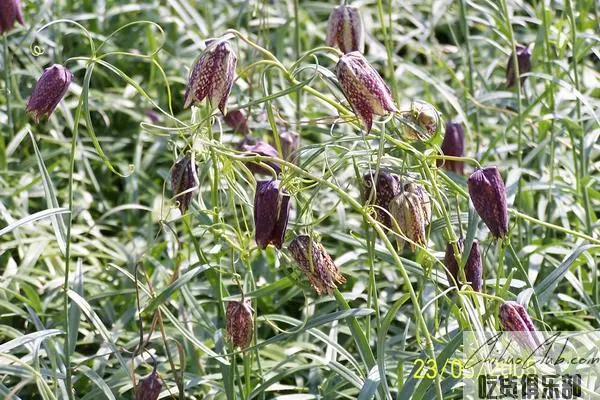
Ogawa Fritillaria, the original plant is Fritillaria ussuriensis Maxim., is a perennial herb of the family Liliaceae Fritillaria. It is used as a dry bulb for medicine. It has clearing heat and moistening the lungs, relieving phlegm and relieving cough, and opening up stagnation. The effect of the knot, the artificially cultivated Pingbei mother in the Tonghua area are all derived from the local wild resources of Tonghua County, and gradually evolved into the main producing area of Tonghua County in history.
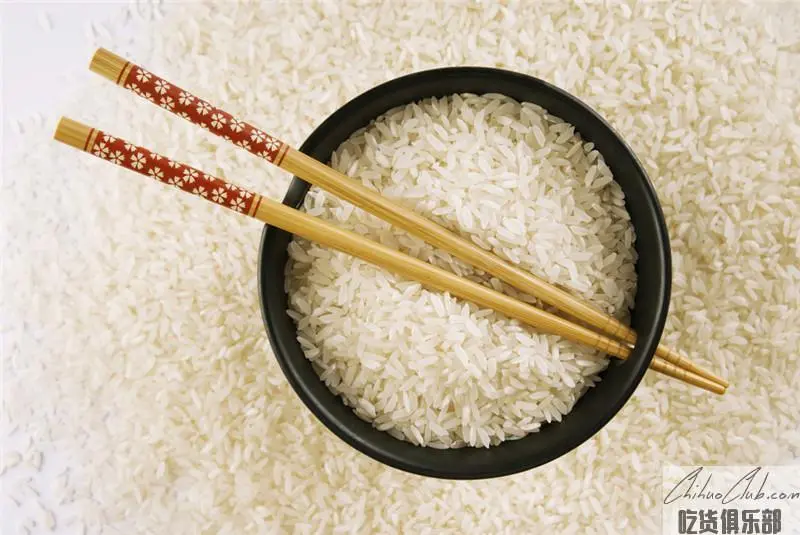
The unique geographical location, climatic characteristics, water resources and soil of Xijiang area have resulted in high gel consistency, protein (6-8%) and amylose (15-18%) in Xijiang rice (Xijiang Gongmi), and the taste value is relatively high. High unique quality features, and its rice grain is neat, transparent, white, pearl, full of rice, smooth and solid appearance, and the soft taste of the cooked rice, soft and aromatic, smooth mouth, and the unique taste of lips and teeth.
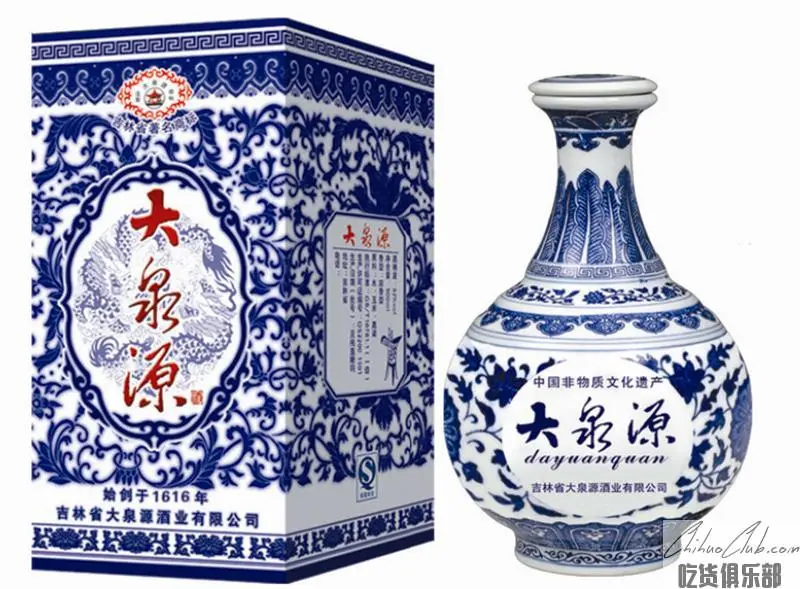
During the Republic of China, Zhang Zuolin, a northeastern king, visited the Baoquanyong Winery during his visit to the Eastern Three Provinces. He used the catering wine in the local area. During the meal, he even drank three bowls of Daquanyuan wine. The wine introduced him to the poetry and the three bowls. : "Don't drink wine all over again, good wine is still a source of great springs, life struggles for decades, Daquanyuan wine is always accompanied." It is said that Daquanyuan wine is “Kuandong Wangjiu”. During the War of Resistance Against Japanese Aggression, Daquanyuan wine was repeatedly provided to the anti-federal soldiers to defend the enemy. On October 13, 1936, General Yang Jingyu played a beautiful ambush in Zhangjia Street, Daquanyuan Township, destroying 11 Japanese soldiers. The local anti-Japanese society sent Daiquanyuan wine condolences. General Yang Jingyu praised the poem after drinking. Quanyuan Liquor: Baoquan is a good wine, and it has a good taste.